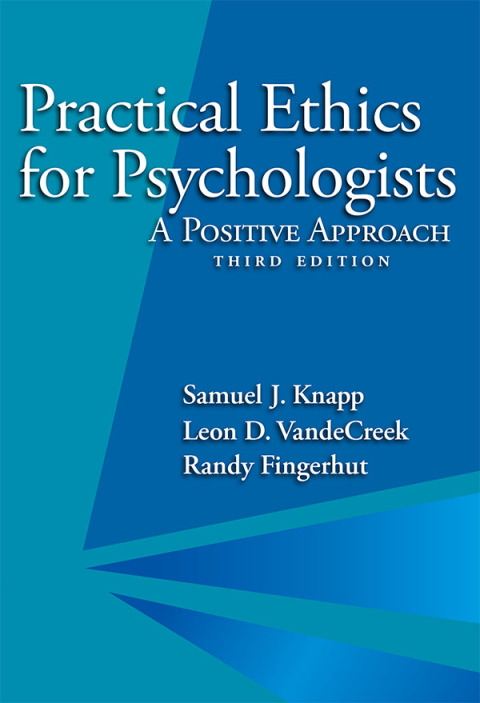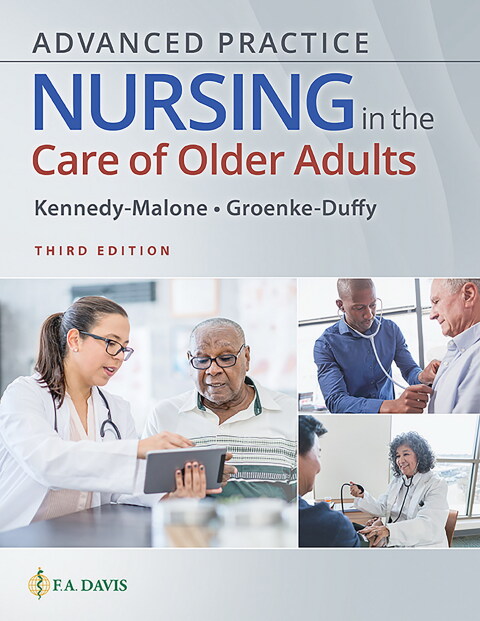Description
Efnisyfirlit
- Preface to the Third Edition
- Acknowledgments
- Chapter 1. The Legal Floor and Positive Ethics
- The Regulation of Psychology
- Positive (Active) Ethics
- Overview of This Book
- Chapter 2. Foundations of Ethical Behavior
- The Science of Morality
- Formal Philosophical Systems
- Integrating Personal and Professional Ethics
- Applying Ethical Theories to Professional Standards of Conduct
- Chapter 3. Ethical Decision Making
- Areas to Apply Ethical-Decision-Making Skills
- Overview of Ethical-Decision-Making Models
- The Five-Step Model
- Emergency or Crisis Decision Making
- Chapter 4. Competence
- Practicing Within Areas of Competence
- Moving Into New Areas of Competence
- Exceptions to Competence
- Emotional Competence
- Chapter 5. Informed Consent, Empowered Collaboration, and Shared Decision Making
- Ensuring Shared Decision Making
- Parameters of Consent
- Who Can Participate in the Decisions?
- What Information Should Be Given as Part of Decision Making?
- When to Initiate the Decision-Making Process
- Maintaining Shared Decision Making
- Chapter 6. Boundaries and Multiple Relationships
- Concurrent or Consecutive Multiple Relationships
- Unavoidable Contacts
- Subtle Boundary Crossings
- Role Conflicts in Treating Individuals From the Same Family or Social Network
- Multiple Roles and Forensic Relationships
- Multiple Relationships With Supervisees, Trainees, or Students
- Sexualized Relationships
- Chapter 7. Confidentiality, Privileged Communications, and Record Keeping
- The Health Insurance Portability and Accountability Act Privacy Rule
- Protecting Confidentiality
- Privileged Communications
- Record Keeping
- Use of Information for Didactic Purposes
- Chapter 8. Life-Endangering Patients
- Aggressive Patients
- Suicidal Patients
- Quality Enhancement Strategies
- Patients Who Have HIV or Other Infectious Diseases
- Mandated Reporting Laws
- Chapter 9. Forensic Psychology
- The Nature of the Judicial Process
- Competence
- Multiple Relationships and Professional Boundaries
- Informed Consent
- Confidentiality and Record Keeping in Forensic Settings
- Fees
- Chapter 10. Assessment
- Competence
- Informed Consent (Patient Participation) in Assessments
- Test Security
- Chapter 11. Special Topics
- Treating Patients Who Are Receiving Services From Others
- Coordinating Joint Treatments
- Duty to Consult or Refer
- Termination
- Working With Morally Diverse Patients
- Working in Institutions (Organizational Citizenship)
- Organizational Conflicts Within the American Psychological Association Concerning Allegations of Torture
- Social Justice Perspectives
- Identifying Ethical Misconduct
- Chapter 12. Business Issues
- Financial Issues
- Public Representations
- Chapter 13. Psychologists As Educators
- General Considerations in Teaching Psychology
- Special Considerations in Psychology Training Programs
- Chapter 14. Consultation and Clinical Supervision
- Consultation
- Clinical Supervision
- Competence
- Informed Consent
- Multiple Relationships and Professional Boundaries
- Chapter 15. Research and Scholarship
- Minimum Ethical Standards in Research and Scholarship
- Publishing and Reporting Useful Research
- Striving for Highest Ideals as a Researcher
- Summary
- Afterword
- References
- About the Authors






Reviews
There are no reviews yet.